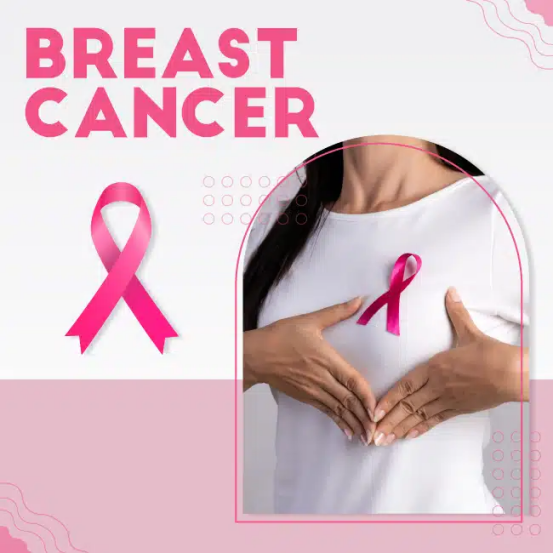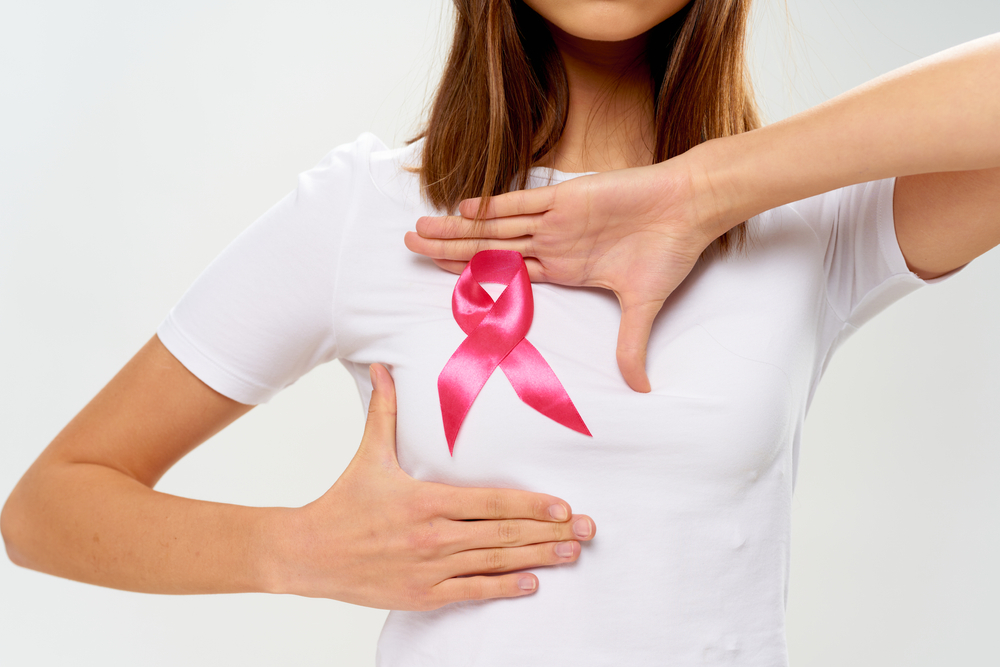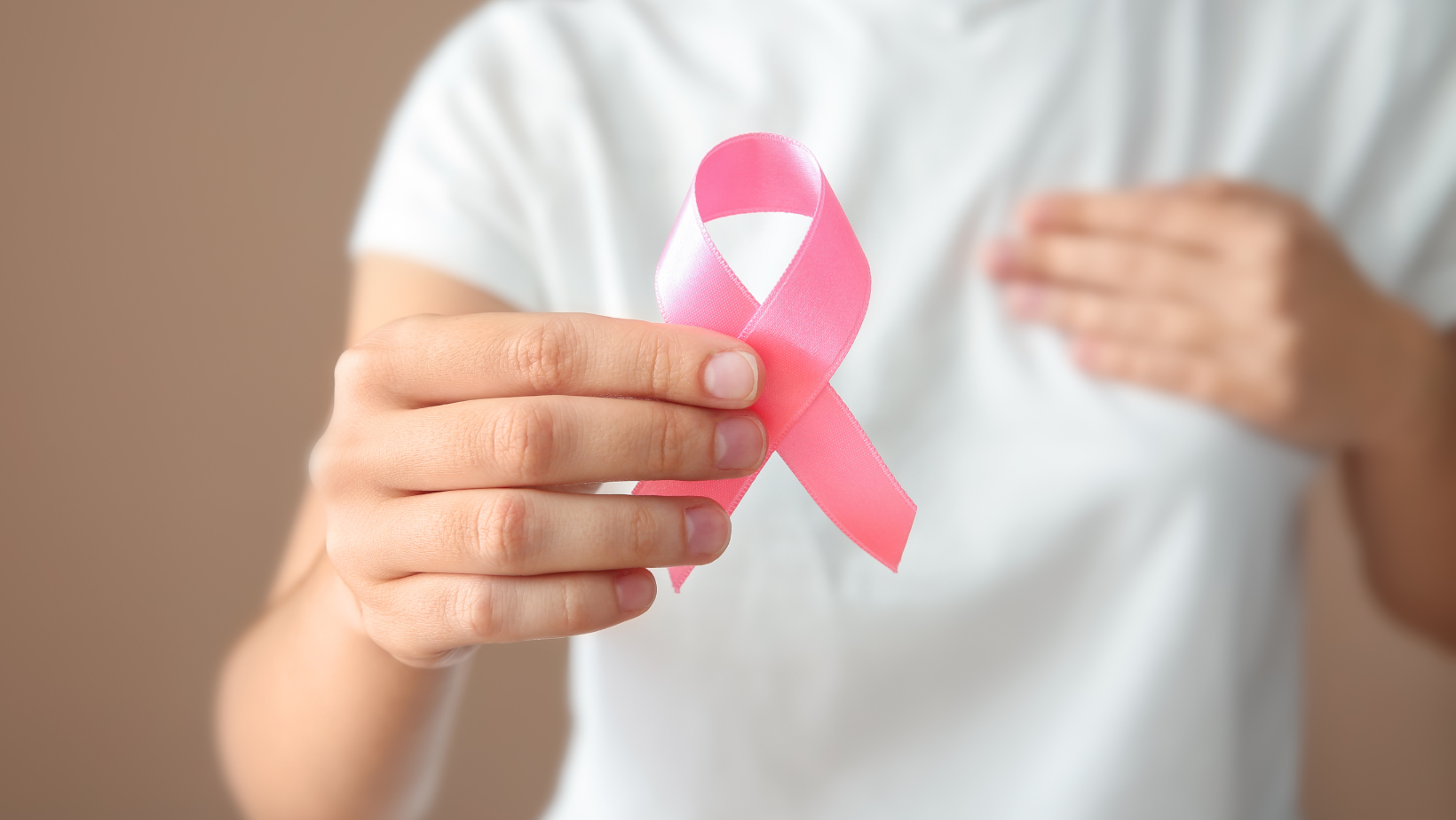
When it comes to breast cancer, one of the most important things you can do for your health is to stay vigilant and informed. While many people are familiar with common forms of breast cancer, triple-negative breast cancer (TNBC) remains less discussed, despite being one of the most aggressive and harder-to-treat types. Understanding its warning signs, risk factors, and the importance of early detection can make all the difference in your outcome.

What Is Triple Negative Breast Cancer (TNBC)?
Triple-negative breast cancer is a type of cancer that lacks three key receptors commonly found in other types of breast cancer—estrogen, progesterone, and HER2. Because TNBC cells do not express these receptors, treatments like hormone therapy and HER2-targeted therapy are not effective. This makes TNBC more challenging to treat and means that detecting it early is critical.
Warning Signs You Shouldn’t Ignore
Unlike other types of breast cancer, triple-negative breast cancer doesn’t always present the classic symptoms like a lump. This is why it’s important to stay aware of other, less obvious signs:
- Changes in the Shape or Size of the BreastNoticeable changes in the size or shape of one or both breasts can be a red flag. This could include dimpling, swelling, or an area that feels different from the surrounding tissue.
- Unexplained Pain or TendernessPain or tenderness that persists or seems out of place, particularly in one breast, could be a warning sign of TNBC. Unlike the common assumption that cancer pain is always accompanied by a lump, TNBC can cause discomfort even without the presence of one.
- Nipple ChangesLook out for any sudden changes in the nipple, such as inversion (nipple turning inward), discharge (especially if it’s bloody), or crusting.
- Skin ChangesIn some cases, the skin over the tumor may begin to look red, pitted, or thickened. This could appear as an orange peel texture on the skin, known as peau d'orange, which is common in aggressive cancers like TNBC.
- Swelling of Lymph NodesSwollen lymph nodes in the underarm or collarbone area can sometimes indicate that the cancer has spread. However, swollen nodes can also be a sign of an infection, so it's important to seek medical advice to rule out any concerns.
Risk Factors for Triple Negative Breast Cancer
While anyone can develop breast cancer, certain factors may increase your risk of developing TNBC, including:
- Family History: A history of breast cancer, especially with multiple close relatives affected, can increase your chances of developing TNBC.
- Genetic Mutations: Inherited mutations, like BRCA1, are often linked to TNBC.
- Age and Ethnicity: TNBC is more common in younger women, particularly those under 40, and tends to affect African American women more frequently.
- Personal History: Women with a personal history of breast cancer, especially if they had cancer at a younger age, may be at higher risk for TNBC.
Why Early Detection Matters
Detecting triple-negative breast cancer early can improve your chances of successful treatment. Because TNBC grows more aggressively than other types of breast cancer, early intervention is crucial. Regular breast exams, mammograms, and, for those at higher risk, genetic counseling and testing, are essential steps in detecting potential problems before they progress.
How to Stay Proactive About Your Breast Health
- Perform Regular Self-Exams: Become familiar with your breasts and how they feel normally. This will help you spot any unusual changes early on.
- Schedule Annual Mammograms: While mammograms aren’t perfect, they are one of the most effective tools in detecting breast cancer, including TNBC, before symptoms appear.
- Know Your Family History: Share your family’s medical history with your doctor so they can help assess your risk and recommend preventive screenings.
- Seek Genetic Counseling: If you have a family history of breast cancer, especially at a young age, genetic testing can help determine whether you carry any cancer-related gene mutations.
Don’t Wait—Take Action Today
Your health matters, and knowing the warning signs of triple-negative breast cancer is a powerful tool in early detection. If you notice any of the symptoms mentioned above or have concerns about your breast health, don’t wait. Contact your healthcare provider for a consultation and discuss the best approach for your situation.
Early diagnosis, combined with proactive treatment, can make all the difference in fighting triple-negative breast cancer. Stay informed, stay proactive, and take charge of your health today.
Your health is in your hands. Learn more about the signs of TNBC and how early detection can save your life.
By raising awareness of triple-negative breast cancer and emphasizing early detection, this article can empower readers to take charge of their health and seek timely medical advice if they notice any unusual symptoms.







